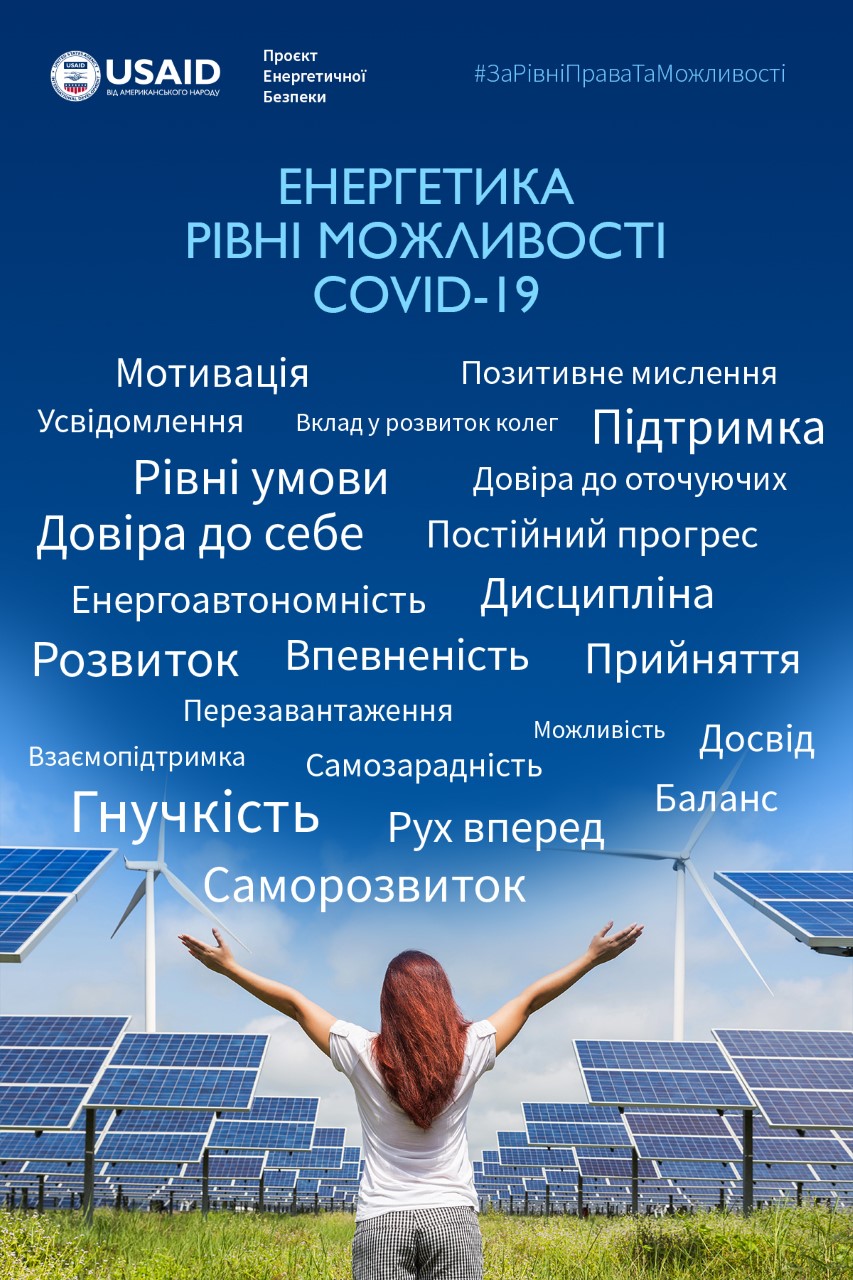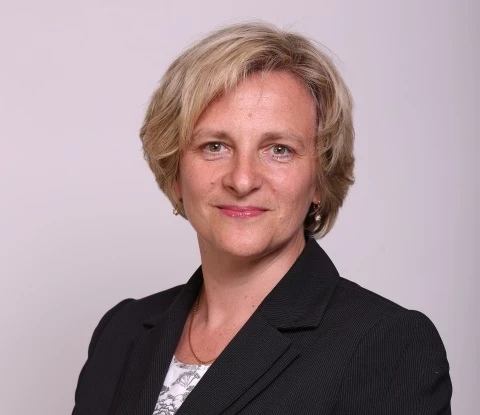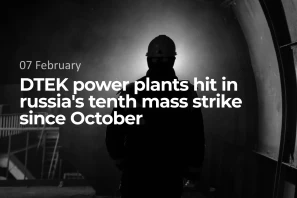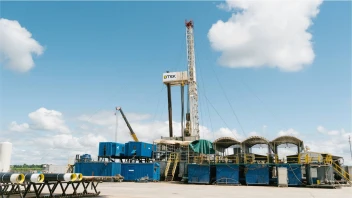Yulia Burmistenko, Advisor to DTEK CEO on International Affairs, participated in the third annual roundtable organized by the USAID Energy Security Project dedicated to International Women’s Day to highlight inclusion and diversity across Ukraine’s energy sector and to reduce gender vulnerability in the context of COVID-19.
The pandemic has not only posed unprecedented challenges around the world, it has also created opportunities for a more sustainable economic recovery.

Today the world needs to shift from the current fossil-fuel-based energy system to carbon neutrality. The under-representation of women deprives energy transitions of diverse talent, and thus impedes the transformational change required to achieve global climate targets and the UN Sustainable Development Goals. The equal participation of women in the workforce is advantageous for business, the economy, social development, and the environment. These findings are not new. In its 2012 World Development Report, for example, the World Bank emphasized that gender equality not only is a core development objective, but also enhances an economy’s productivity and improves future generations’ prospects. During the 2009 global economic downturn, a global survey by the consulting firm McKinsey & Company concluded that women leaders represent “a competitive edge in and after the crisis.” Likewise, having a higher percentage of women in decision-making positions increases innovation and profitability, decreases risk, and enhances sustainability practices.
We cannot disagree with the statement of Mrs. Giner-Reichl, co-founder and president of the Global Women’s Network for the Energy Transition, that green energy transitions provide opportunities to tackle gender discrimination and enable societies to benefit of a more diverse workforce. That is partly because sustainable energy is a new and fast-growing field: according to IRENA analysis, the number of people employed worldwide in the sector is expected to increase from an estimated 11 million today to over 42 million in 2050. In addition, the scope of the transitions calls for a diverse range of skills, including civil engineering, environmental science, marketing, teaching, and community action.
If we talk about DTEK, since 2013 we have increased the number of women in management positions by 20%. Practice shows that it is more difficult for women to move up the career ladder, and there are fewer women among managers in general, but, for example, in DTEK's Ternovo mine office the total number of women is 15%, while among women management almost half. The situation is similar at one of our thermal power plants, Ladyzhyns’ka TPP, where 28% of women work, which is 48% among the management staff. At Zaporiz’ka TPP, 310 women out of 727 employees, i.e about 40%. In addition, about 40% of women at management positions at the station. Moreover, there are many such examples.
According to research by the International Labor Organization, if 30-40% of women are in the governing bodies of business, this business is, on average, 18% more successful. Moreover, if in the leadership of gender equality is 50 to 50, then such a company is more effective by 20%.
In 2020, DTEK launched a new long-term strategy based on the UN Sustainable Development Goals and in line with the principles of the ESG (Environmental, Social, Governance). DTEK has integrated 12 of the 17 UN Sustainable Development Goals into DTEK's development strategy. Including goal number 5, which concerns gender equality. These are the commitments that our company consciously undertakes, understanding the responsibility for the future of the country. According to Mrs. Burmistenko, our common goal, as a responsible business, is to break down stereotypes about so-called purely "male" professions or areas, as well as that men in management positions are more effective managers than women.
DTEK supports initiatives within the framework of diversity and openness.
Thus, in November 2020, DTEK together with a number of large public and private companies signed the Declaration "Business without Barriers", an initiative led by the First Lady Olena Zelenska to introduce and disseminate the principles of employment accessibility in Ukraine. The companies that have signed the declaration intend to use best practices for implementing a barrier-free environment to create opportunities for social inclusion for all social groups, including people with disabilities, the elderly, and parents with children under 6 years, women and youth.
Within the framework of gender equality and support for women in 2021, DTEK will focus on the following areas:
- Program for adaptation of women with children to the industry, which is changing rapidly (how not to lose touch with the company and stay in the profession during the maternity leave)
- Women's program in energy (educational programs for the skill development based on new technologies and innovations in the industry).
Globally, the survival of the planet requires new thinking and strategies. We are fighting a battle between the existing set of resources and positions and the future. And, perhaps, it is women and young people who have this non-standard type of thinking.







